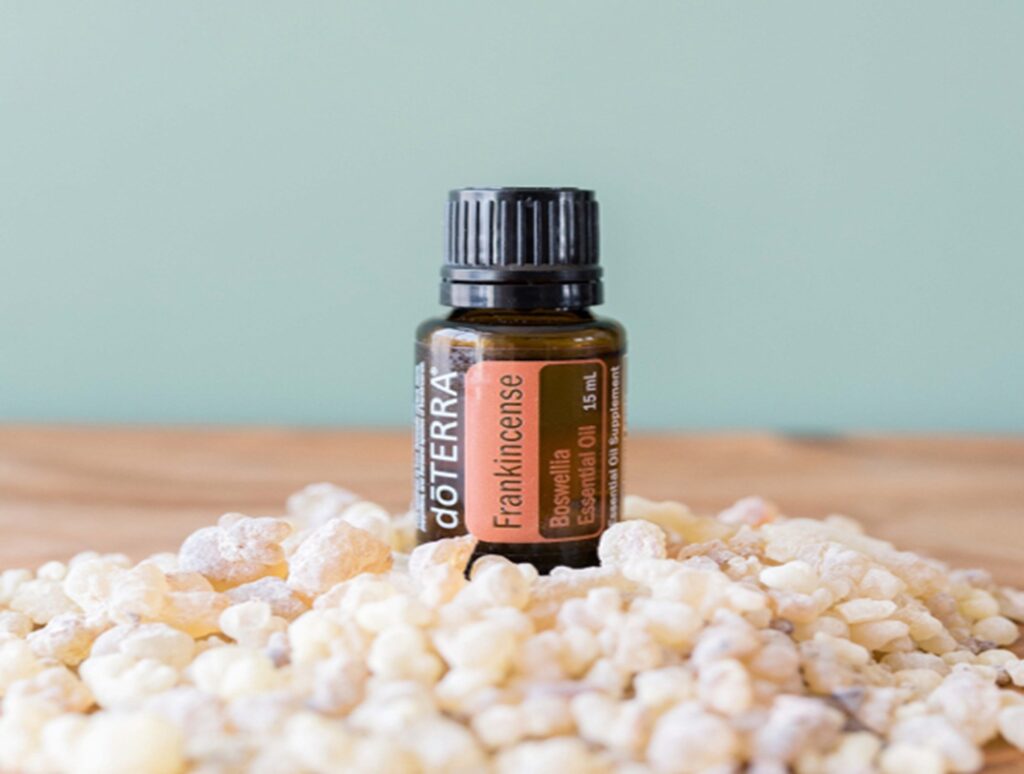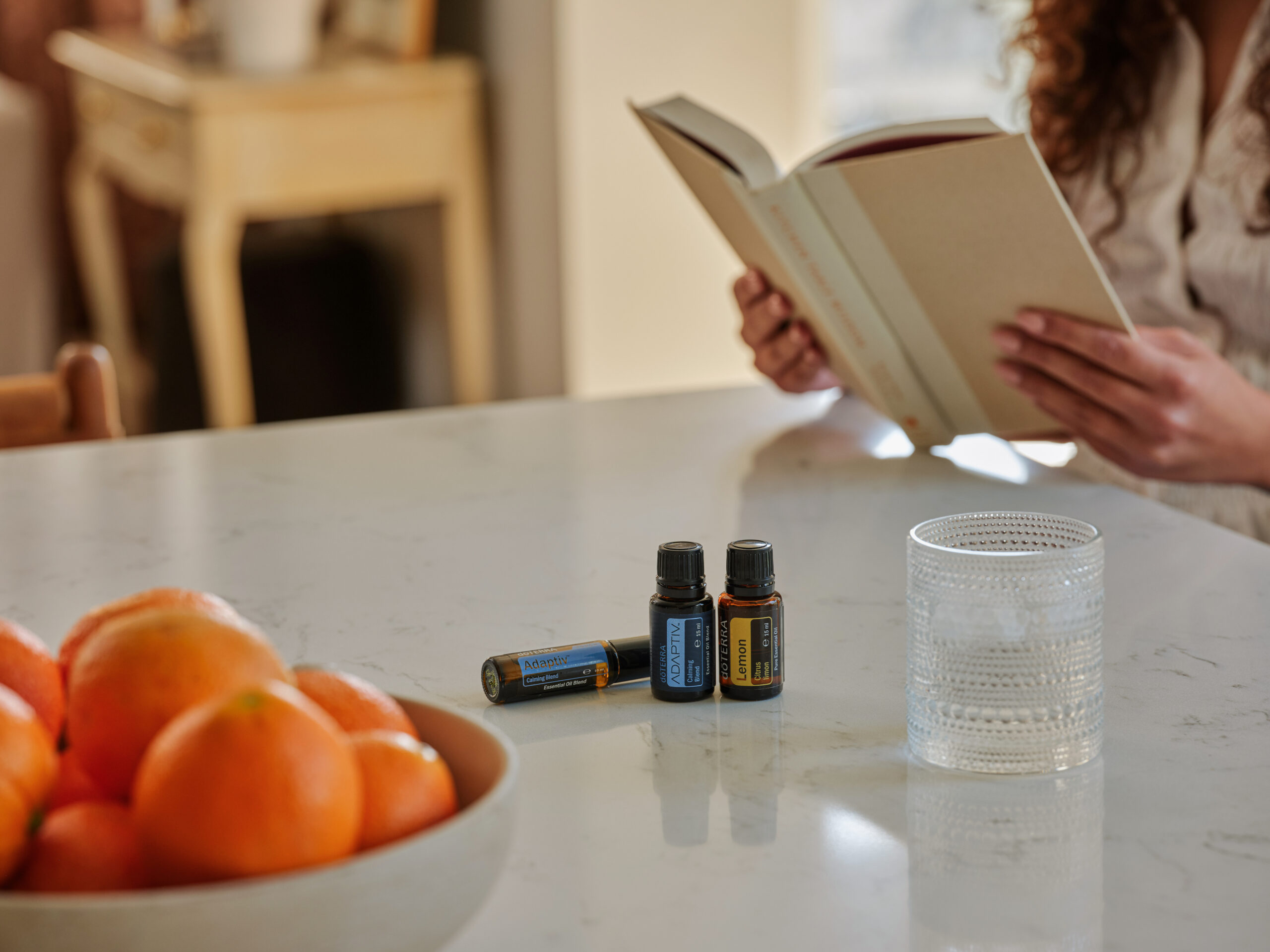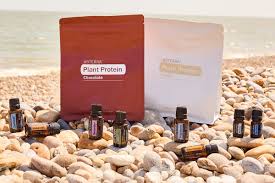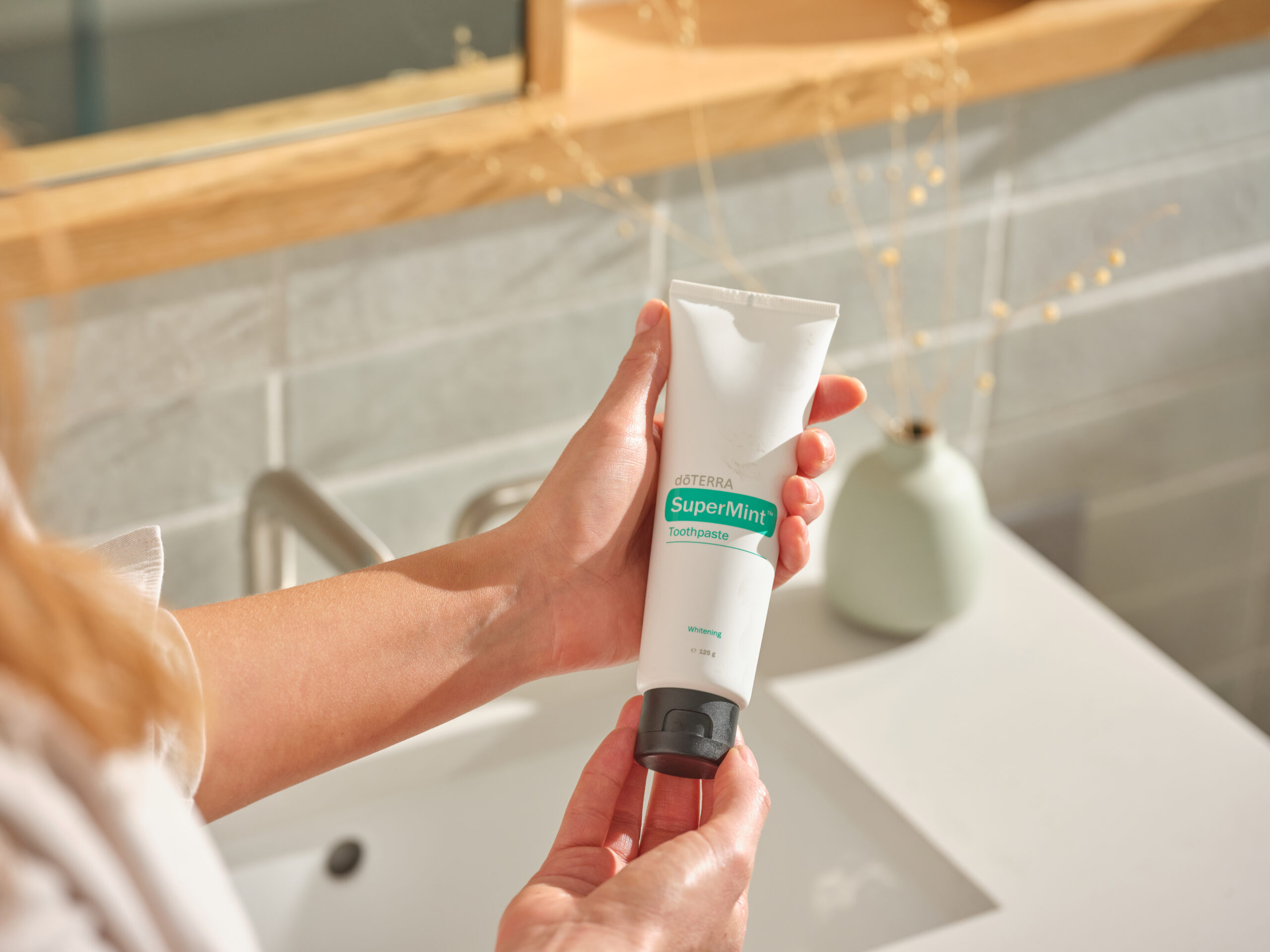The Timeless Power of Frankincense
Frankincense, often referred to as the “King of Essential Oils,” has been valued for thousands of years for its remarkable properties. Derived from the resin of the Boswellia tree, this precious oil has been used in religious ceremonies, traditional medicine, and skincare rituals. Today, modern science is uncovering even more benefits of this ancient remedy, making it an essential addition to holistic wellness routines.
In this comprehensive guide, we will explore the origins, benefits, uses, and scientific backing of frankincense, helping you understand why it remains a powerful natural remedy.
What is Frankincense?
Frankincense is a resin obtained from trees of the Boswellia genus, primarily found in the Middle East, Africa, and India. The resin is harvested by making small incisions in the tree’s bark, allowing the sap to harden into droplets, which are then collected and distilled into an essential oil.
The oil possesses a warm, woody, and slightly spicy aroma, making it a popular choice in aromatherapy. Beyond its fragrance, frankincense is loaded with bioactive compounds that contribute to its therapeutic effects.

The Health Benefits of Frankincense
1. Anti-Inflammatory and Pain Relief
Frankincense contains powerful anti-inflammatory properties that help reduce pain and swelling, making it beneficial for conditions like arthritis and muscle discomfort. Studies suggest that its active compounds, including boswellic acids, inhibit inflammatory pathways, providing natural pain relief without the side effects of conventional medications.
2. Supports Immune System Health
This essential oil is known for its immune-boosting properties. It helps stimulate the production of white blood cells, enhancing the body’s ability to fight infections. Research indicates that frankincense may also have antimicrobial effects, making it useful for preventing illnesses and improving overall immunity.
3. Enhances Respiratory Health
Frankincense is often used to support respiratory health by clearing congestion, reducing inflammation in the airways, and alleviating symptoms of asthma or bronchitis. Its expectorant properties help in expelling mucus and promoting easier breathing.
4. Promotes Skin Health and Anti-Aging
Frankincense is a popular ingredient in skincare due to its ability to improve skin elasticity, reduce the appearance of scars, and combat signs of aging. It has astringent properties that tighten the skin, minimizing fine lines and wrinkles. Additionally, its anti-inflammatory and antimicrobial effects help with conditions like acne and eczema.
5. Supports Mental and Emotional Well-Being
Used in aromatherapy, frankincense promotes relaxation, reduces stress, and enhances meditation practices. Studies have shown that it may help reduce anxiety and depression by regulating cortisol levels in the body.
6. May Aid in Digestion and Gut Health
Frankincense has been traditionally used to support digestive health by reducing bloating, indigestion, and gut inflammation. Some research suggests that it may be helpful in conditions like ulcerative colitis and Crohn’s disease by soothing the digestive tract.
7. Potential Anti-Cancer Properties
Emerging research indicates that frankincense may have anti-cancer properties, with studies suggesting that boswellic acids can induce apoptosis (programmed cell death) in cancer cells while leaving healthy cells unharmed. While more research is needed, these findings highlight the oil’s potential role in holistic cancer treatment.
How to Use Frankincense Essential Oil
1. Aromatherapy
Add a few drops of frankincense oil to a diffuser to promote relaxation, enhance meditation, or improve sleep quality.
2. Topical Application
Dilute frankincense oil with a carrier oil like coconut or jojoba oil and apply it to the skin for anti-aging benefits, wound healing, or pain relief.
3. Inhalation
Inhaling frankincense directly from the bottle or adding it to steam therapy can help with respiratory conditions and stress relief.
4. Internal Use (With Caution)
Some high-quality frankincense oils are safe for internal consumption. A drop in a glass of water or tea may support immune function and digestion. However, always ensure the oil is labeled for internal use and consult a healthcare professional before ingestion.
Choosing the Best Frankincense Oil
When selecting frankincense oil, look for these key factors:
- Purity: Ensure the oil is 100% pure and free from additives.
- Sourcing: Opt for oils derived from sustainable and ethical sources.
- Type of Boswellia: There are different species of Boswellia, such as Boswellia sacra, Boswellia serrata, and Boswellia carterii, each with unique properties.
Incorporating Frankincense into Your Daily Life
Frankincense is more than just a fragrant resin; it is a powerful natural remedy with a wide range of health benefits. Whether you are looking to reduce inflammation, support mental clarity, enhance skincare, or improve immune function, this essential oil offers a holistic approach to well-being.
By integrating frankincense into your daily routine, you can harness the wisdom of ancient healing traditions while benefiting from modern scientific research. If you haven’t tried frankincense yet, now is the perfect time to experience its incredible properties for yourself.
Do you use frankincense oil? Share your experience in the comments below!
If you are interested to purchase it, Here is the link with a 25% discount.
https://mydoterra.com/findthebalance
Thank you ,
Bea









